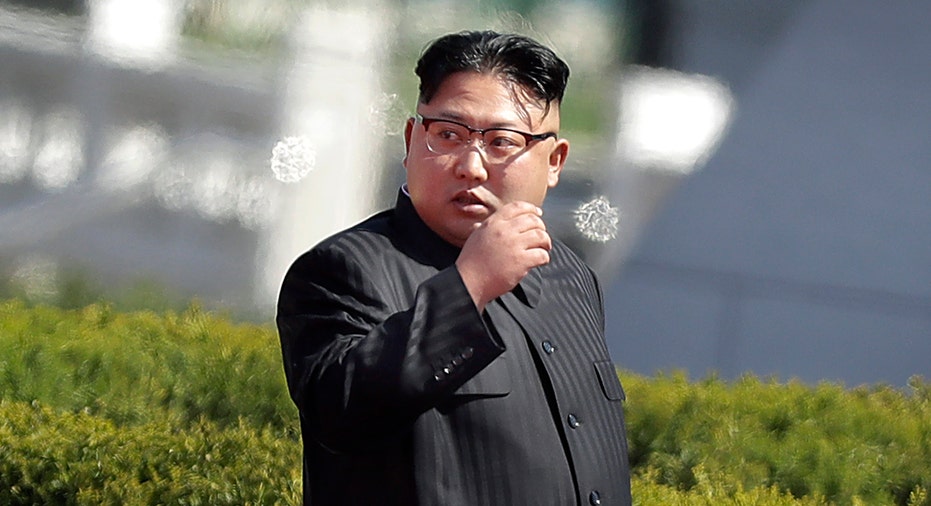Trump weighs North Korea travel ban after Warmbier’s death

The White House is considering banning U.S. citizens from traveling to North Korea in the wake of 22 year-old college student Otto Warmbier’s death.
Warmbier died Monday, just days after he was released by North Korea. He was sent back to the United States in a coma after being detained on a school trip and held for more than a year and a half. Investigators are still not certain what caused his death.
“This is a crime against humanity,†former Gov. Bill Richardson, who has successfully extricated Americans held in the communist country, told FOX Business Tuesday. “I don’t think anyone should travel to North Korea ... I think the State Department should consider putting a restriction on.â€
Secretary of State Rex Tillerson, who has the authority to cut off travel to North Korea with the stroke of the pen, has been weighing such a move since late April, when American teacher Tony Kim was detained in Pyongyang, a senior State Department official said. No ban is imminent, but deliberations gained new urgency after Warmbier's death, said the official, who requested anonymity to discuss internal diplomatic discussions.
“We’ve got three Americans there and one Korean that are detained. If the North Koreans were smart they would release them all to atone for what they did with Otto [Warmbier], as a sign of contrition, a human rights gesture. But they probably won’t do it,†Richardson said.
While nearly all Americans who have gone to North Korea have left without incident, some have been seized and given draconian sentences for seemingly minor offenses.
The U.S. government strongly warns Americans against traveling to North Korea, but doesn't prohibit it, despite other sanctions targeting the country. It's unclear exactly how many Americans go to North Korea every year. Those who typically do travel from China, where tour groups market trips to adventure-seekers.
Some of those companies — including China-based Young Pioneer Tours, which took Warmbier to Pyongyang — have now stopped taking Americans. Other travel companies say they're considering a similar restriction.
The U.S. and North Korea have no diplomatic relations. The U.S. has been pressing Pyongyang to halt its nuclear weapons development and urging China and other countries to starve the North of funding for the program. But on Tuesday, Trump suggested that strategy had failed.
"While I greatly appreciate the efforts of President Xi & China to help with North Korea, it has not worked out," Trump wrote on Twitter. "At least I know China tried!"
In Congress, Democrats and Republicans found rare bipartisan consensus in denouncing North Korea. In the House, lawmakers lined up behind legislation ordering the Treasury Department to prohibit all financial transactions related to travel to North Korea by Americans, unless specifically authorized by a U.S. license. No licenses would be issued for tourism.
The Trump administration doesn't need an act of Congress to bar Americans from traveling to North Korea.
Under existing law, all it would take is a designation by Tillerson — called a "geographic travel restriction" — to make all American passports invalid for travel to North Korea. To back up the designation, Tillerson could assert that Americans face "imminent danger" to their health or safety if they travel there, an easily defendable assertion in the wake of Warmbier's death.
The U.S. doesn't currently prohibit its passports from being used to travel to any countries, even though financial restrictions limit U.S. travel to Cuba and elsewhere. If a passport ban were placed on North Korea, an American who violated it could face a fine and up to 10 years in prison for a first offense.
The Associated Press contributed to this story.



















